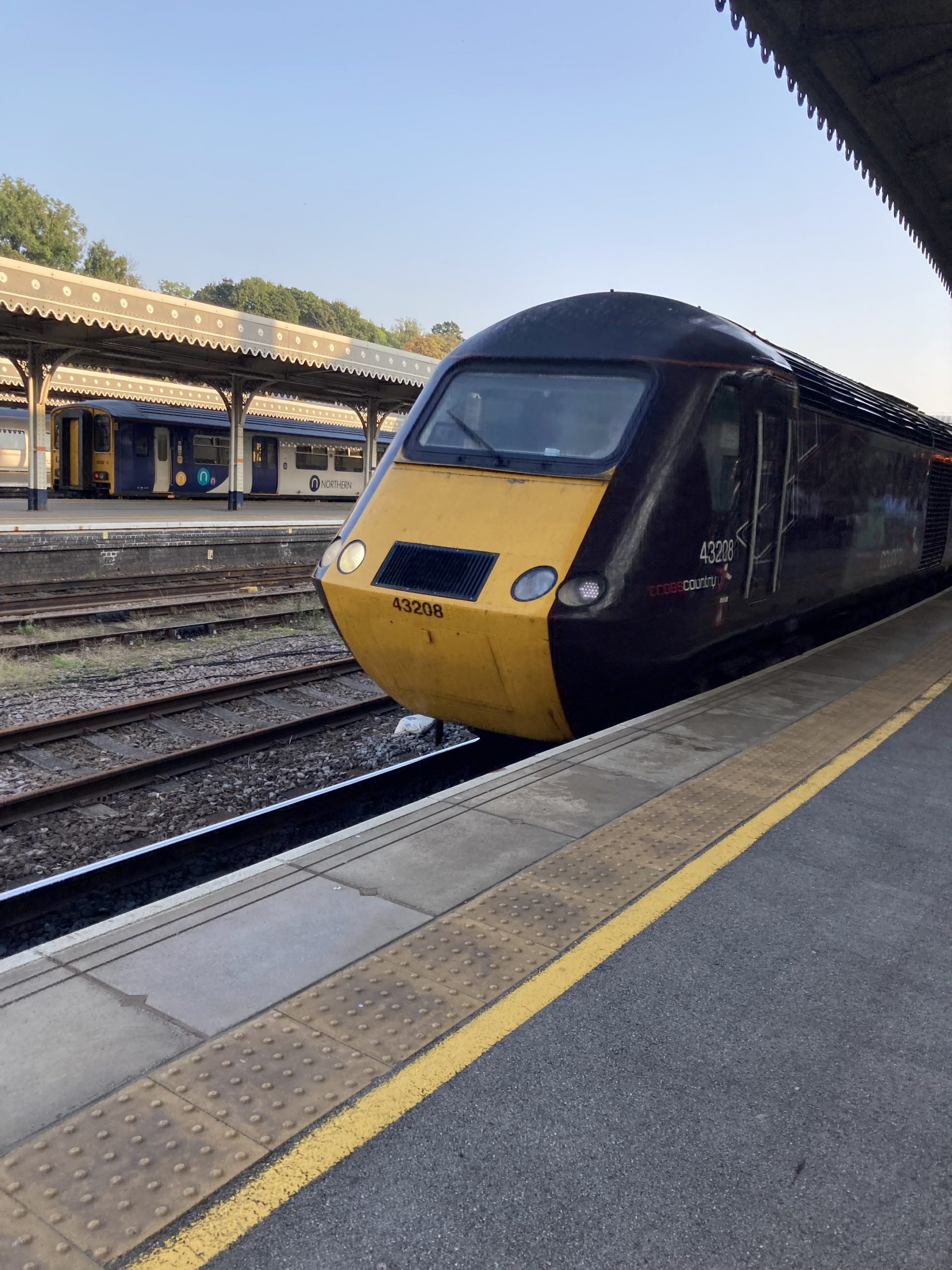The decision to abandon the Eastern leg of HS2 and Northern Powerhouse rail ‘will create more inequality’ across the north of the country.
The decision was seen as the latest Government failure to deliver their promise to ‘level up’ the left behind areas of England. It comes despite the huge capacity constraints which limit the viability of commuter travel in more northerly areas and the historic difference between transport expenditure across the country.
Gareth Dennis, a railway engineer and writer, claims: “The plans will exacerbate the economic divides that already exist. They will create more inequality and prevent people from reaching their full potential.”

The difference in transport expenditure between the North and London is vast. Statistics collated by the Institute for Public Policy Research show that between 2009/10 and 2019/20 the transport spend per person in the North was £349 compared to £864 in London. The study also found that the transport investment gap is increasing, rising from £451 per person in 2014/15 to £523 in 2019/20.

While much of the coverage surrounding HS2 and Northern Powerhouse Rail (NPR) has focused on the missed speed improvements, for local businesses and commuters capacity is the biggest problem.
For Martin Hathaway, managing director of the Mid Yorkshire Chamber of Commerce, this was a key problem.
He said: “Capacity is the major issue. It doesn’t matter if you can get between Bradford and Leeds six minutes quicker. The biggest problem is connectivity but this isn’t possible on a railway that is full.”

Mr Dennis explains how this problem arises: “To improve the regional centres you need a high density railway service and the only way to do that is by segregating long distance services from local and regional services. HS2 was designed to release this capacity by sending the fast intercity services onto a separate line allowing more high density services to run on the existing network.”
https://twitter.com/PermanentRail/status/1218978778006917123
A statistical comparison highlights the stark difference in rail capacity between northern areas and the south east. Shenfield (population 10500) is 20 miles from London. It is served by 10 trains each hour in peak time meaning there is capacity for 15,000 passengers. In contrast the town of Belper (population 20500) is eight miles from Derby. It is served by just two trains during peak hours and hence only has capacity for around 296 passengers. This severely restricts the possibility of commuter travel and prevents further opportunities in the town.
The town of Marsden in Kirklees has capacity into Manchester of around 546 passengers per hour at peak time being served by two trains. It is situated on the mainline between Manchester and Leeds meaning its rail service suffers due to the presence of intercity services limiting the number of local services that can run.
“Marsden is one of biggest mill towns in the North and has huge development potential,” said rail expert, Mr Dennis. “There are a huge number of abandoned mills that could become apartments. NPR had the potential to increase passenger capacity here by a factor of ten but without it the development opportunities will be lost.”
The replacement of HS2 and NPR, the Integrated Rail Plan (IRP), could worsen this issue as more fast trains will be forced onto existing lines – further limiting the ability to run local suburban trains.
The HS2 and NPR decisions came shortly after the COP26 conference in Glasgow where a renewed focus was placed on cutting carbon emissions and bringing down global temperatures. The abandonment of HS2 and NPR sets back attempts to achieve these goals. According to a 2019 study by the Department for Business, Energy and Industrial Strategy transport was the biggest sector for the emission of greenhouse gases in the UK contributing 27% of all emissions produced in the country.
Mr Dennis said: “The environmental cost could be catastrophic. People in suburban areas could become more reliant on their cars. There was an opportunity to start a rapid shift from cars to rail like what has been seen in London.
“Another knock on effect is on freight. Without HS2 and NPR less road freight can be transferred to rail due to the capacity constraints and the environmental benefits will be lost.”
For businesses in the North the overarching feeling is of disappointment about the message the decision sends out.
Mr Hathaway said: “The announcements from the transport secretary mentioned levelling up multiple times, however this is not how it feels for our region’s businesses who see this as a significant downgrading of previously announced transport schemes.
“It does not send out a good message to companies wanting to do business in the North and is likely to put many of them off. It was the Government’s first opportunity to really start levelling up and they have done nothing.”




